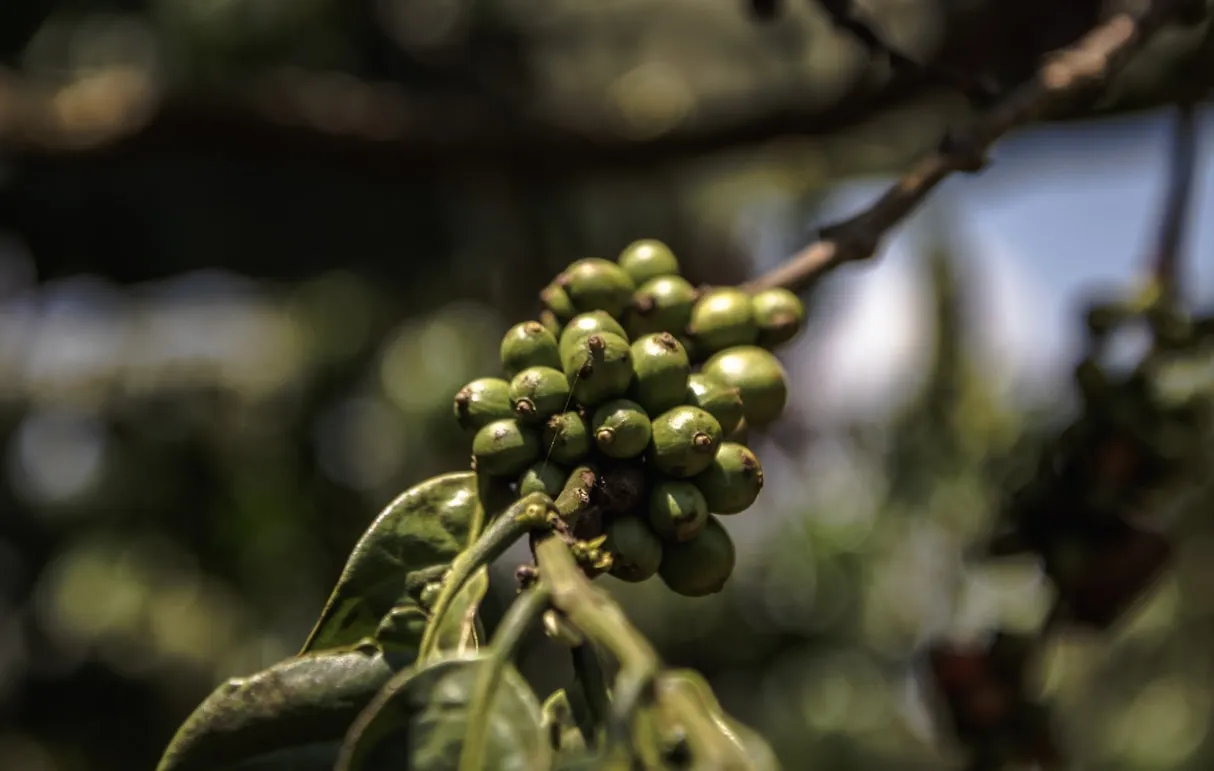In Africa , it is safe to say that Farming has come a long way, although is one of the most oldest occupation in the whole world, farmers in Africa still face alot of problem.
This could be drought, pests, poor soil, and low crop yield which have made farming difficult for many families.
As can be seen today, Technology and scienceis offering a solution through something called genetically modified organisms, or GMOs.
So, what are GMOs?
GMOs are plants or animals that have been changed in the lab to have certain qualities. For example, a scientist can change the genes of a crop so it can survive drought, resist pests, or grow faster.
Why are These changes made,they are made in other to improve the way the crop performs. United States and China are some of the countries that have used GMO technology to improve food production.
In 2024, billionaire and philanthropist Bill Gates visited Nigeria. He talked about how important it is to use science and technology to improve health and farming.
GMOs is one of the key areas he focused on.
Gates said that if Africa wants to end hunger and become self-sufficient in food production, then it must accept new ways of farming, including GMOs.
He didn’t come empty-handed. Bill Gates promised a huge investment of 2.8 billion in Nigeria’s health and agriculture sectors.
Governors and ministers are some of the Nigerian leaders he met in other to discuss how this money would be used. A big part of it was aimed at helping Nigerian farmers grow better crops using genetically modified seeds.
the idea was welcomed by some people, but not everyone was happy.
Some people believe that GMOs are dangerous. Some say they are not safe to eat or that they can harm the environment.
Group of others actually believe that African farmers will no longer be independent as they will have to depend on foreign companies to have access to this seed which might come at a heavy price.
These should not be ignored.
However, when we look at the bigger picture, the benefits of GMOs seem to be more than the disadvantages. For example, GMO crops can survive even when there is no rain for a long time. This is very important for farmers in parts of Africa where drought is common.
To add to this , some GMO crops has the ability to resist pests, which means farmers don’t need to buy a lot of chemicals. With this , farmers are able to save money and protects the environment from too many pesticides.
Another good thing is that GMO crops can produce more food. This means that with the same piece of land, a farmer can get more harvest than before. If this happens across many farms, then we can fight hunger and even reduce food prices.
Let’s not forget the health side. If people have enough food to eat, they become healthier. Children can grow properly and go to school. Parents can work and take care of their families. The country becomes stronger. Bill Gates understands this, and that’s why he is supporting both the health and agriculture sectors in Nigeria.
Of course, we must also have proper rules. The government should not also neglect this ,they need to make sure that any GMO product that is brought into in Nigeria is safe for humans and the environment. Everybody include Scientists, farmers, and government officials must come together and work to test and approve only the best and safest GMO seeds. Also, farmers should be educated about how to plant and care for these crops.
We also need to make sure that no one is forced to use GMOs. Farmers should have the freedom to choose what works best for them. If a farmer wants to stick with traditional farming, they should be supported too. The ones who are ready and willing to try GMO seeds should also be given access to training and tools to succeed without being partial.
In the end, the future of farming in Africa may depend on how well we use science to solve our problems. GMOs are not magic, and they are not perfect. But they are a tool that, if used wisely, can help us feed our people, reduce poverty, and build a better tomorrow.
Africa has the land, the people, and now the technology. What we need is bold decisions, smart policies, and a willingness to try new things. With the right approach, genetically modified organisms could be the key to unlocking Africa’s full farming potential.
